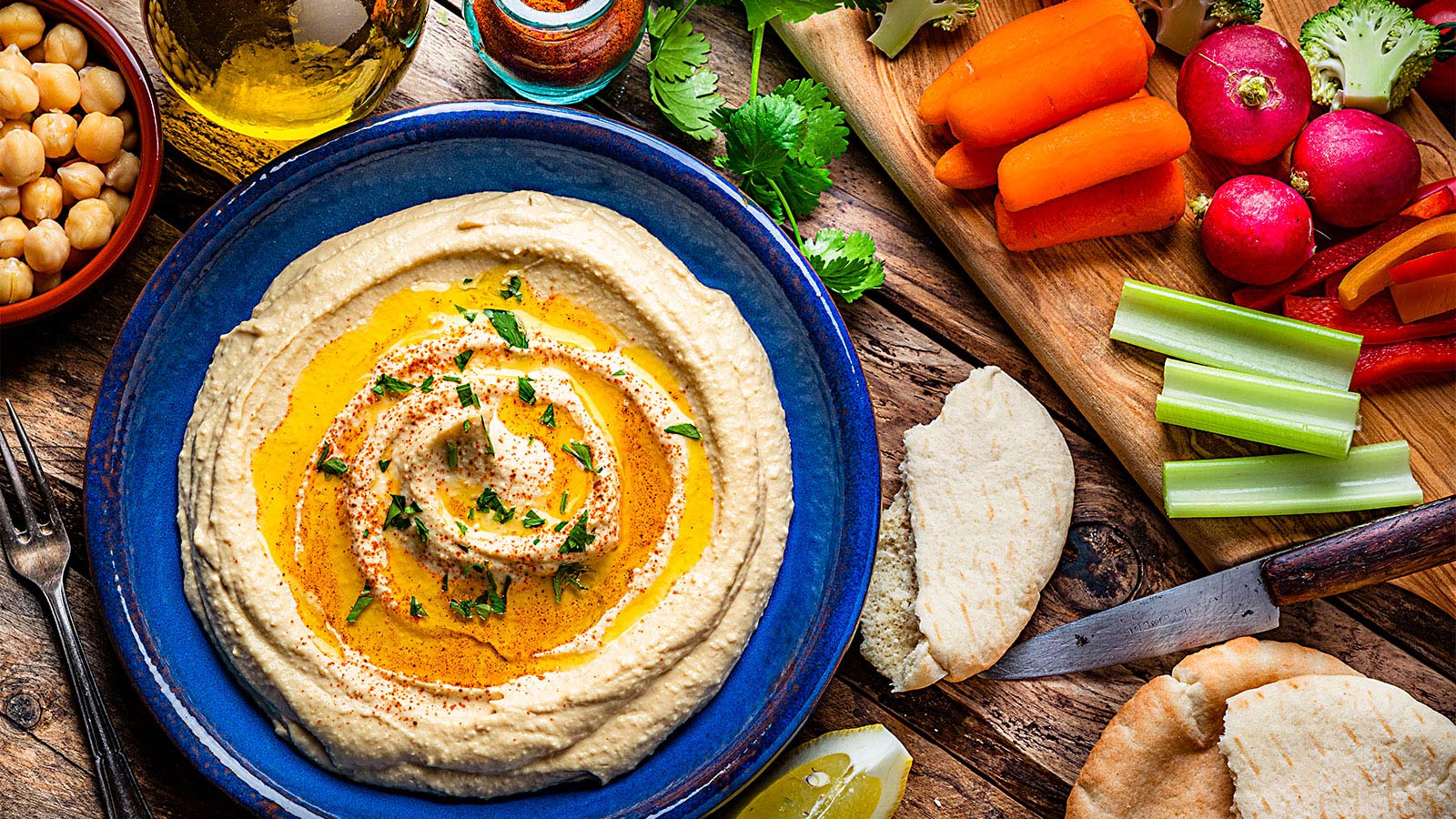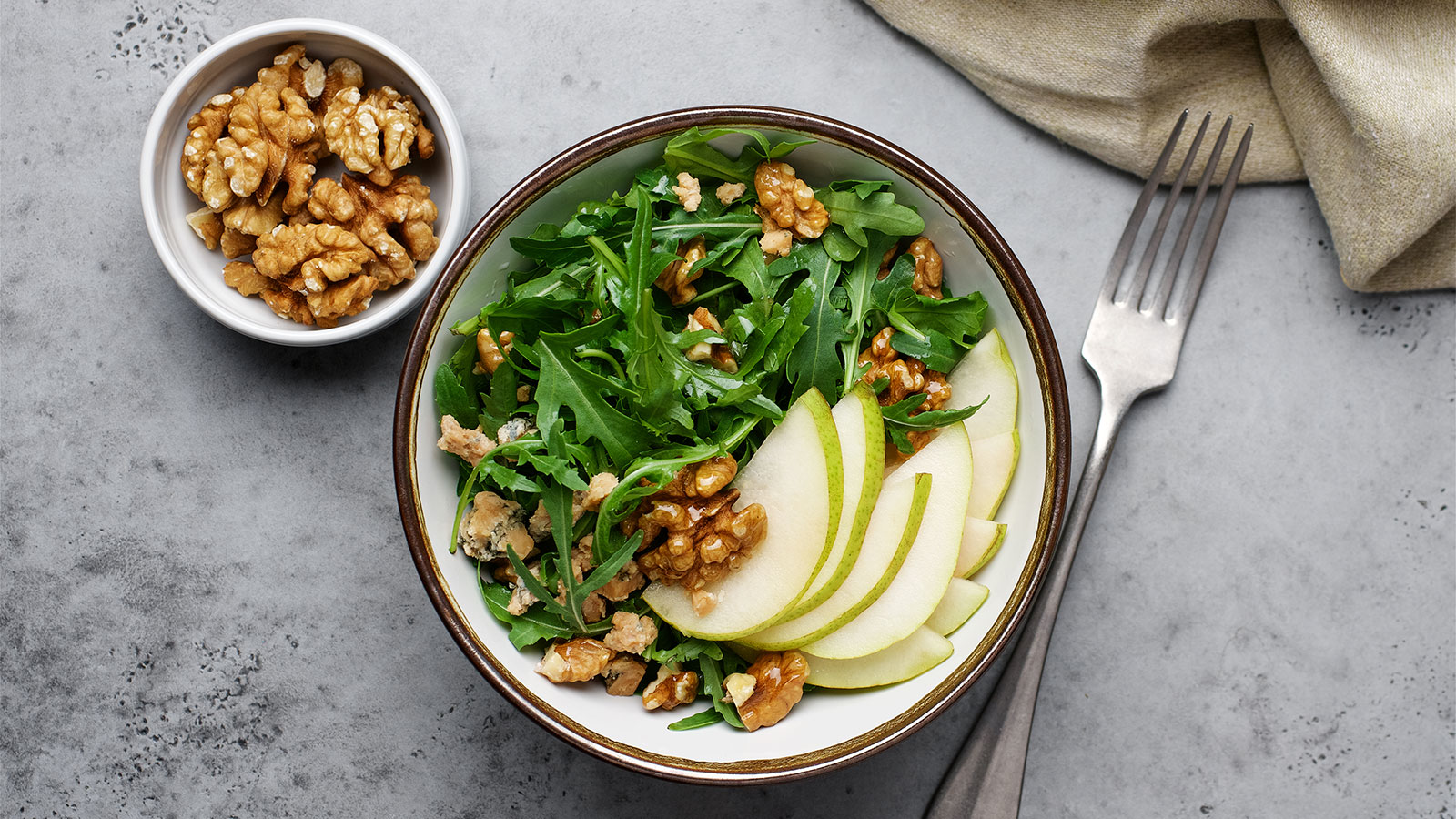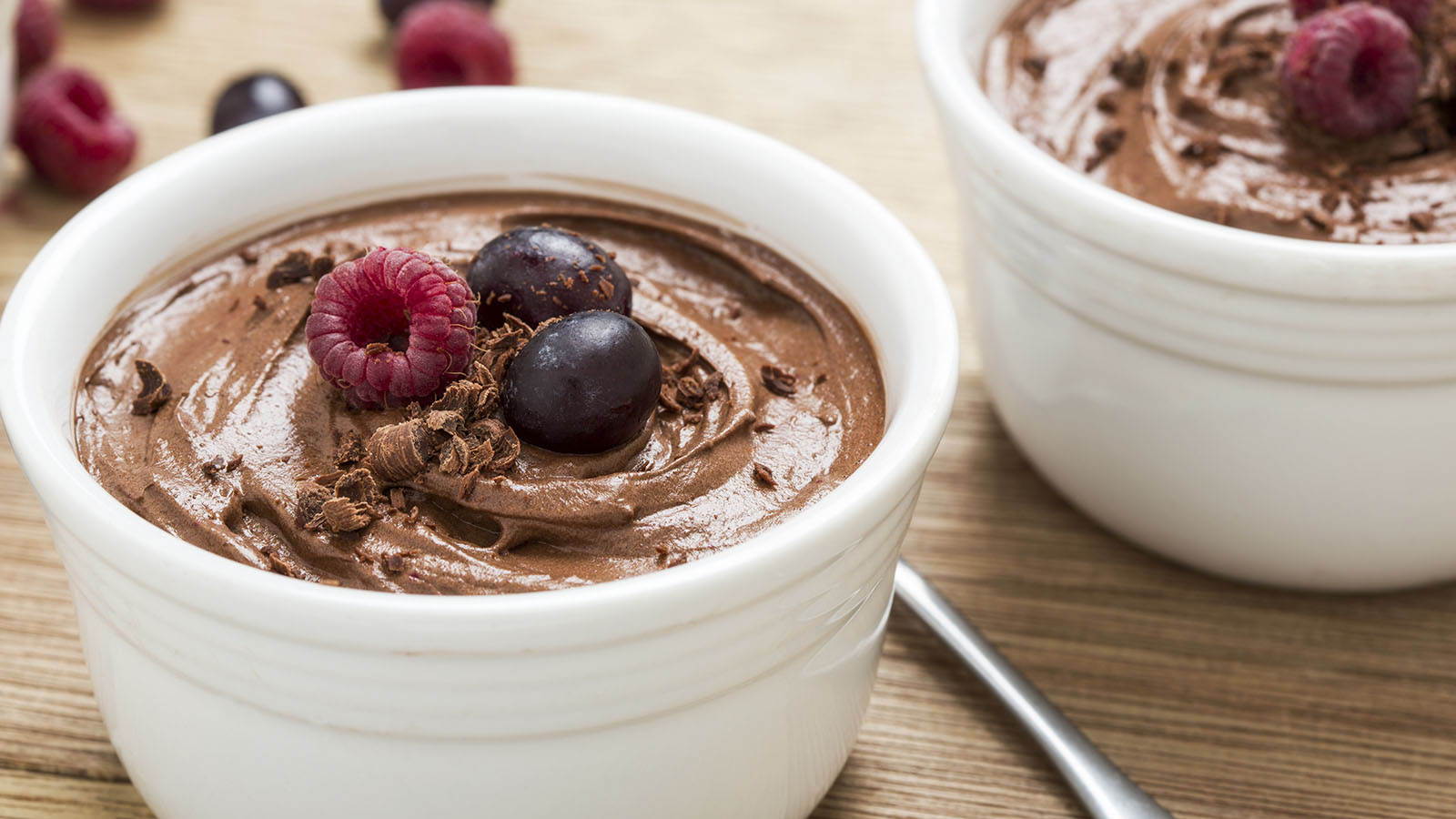8 Key Steps to Better Blood Pressure Control
Chronic high blood pressure greatly increases your risk for heart attack or stroke. Virtua cardiologist Rozy Dunham, MD, advises how to keep your blood pressure under control.

By Rozy Dunham, MD, FACC, Cardiologist, Virtua Cardiology
When everything’s going well, your blood vessels expand and contract to meet your body’s changing needs. If you have uncontrolled high blood pressure, however, your vessels are narrow and less elastic, limiting blood flow and, over time, increasing your risk of heart attack, heart failure, stroke, kidney disease, and vision loss.
High blood pressure, or hypertension, damages your body for years without producing any symptoms. It’s often called a “silent killer,” as many people don’t know their pressure is high until they experienced a heart attack or stroke. That’s why your blood pressure should be measured regularly, and if it’s routinely over 120/80 mmHg, you should take action.
Take charge of your blood pressure with these eight key steps.
- Stay on your medications. Take your blood pressure medication exactly as your health care provider instructs. If you’re experiencing side effects, don’t stop taking it. Instead, talk with your provider. A different medication or dose may be needed.
- Limit sodium. Sodium can raise blood pressure, so go easy on salt and check food labels. Try to get 1,500 milligrams or less of sodium a day.
- Keep a lid on alcohol. It raises blood pressure and adds calories. Your best bet: no more than one drink a day for women and two for men.
- Eat plenty of fresh fruits and vegetables, whole grains, and low-fat and fat-free dairy products. Limit foods high in saturated and trans fats and added sugars. These habits, part of a Mediterranean-style diet, lower blood pressure and improve your overall heart health.
- Get moving. Set a goal of 30 minutes of moderate-intensity activity at least five days a week. But don’t give up if that’s more than you can handle. Any amount of exercise is helpful. Start with a five-minute daily walk and increase your routine gradually. If you are able, sprinkle in muscle-strengthening exercises a couple of times a week. Ask your health care provider what level of physical activity is right for you.
- Quit smoking. The nicotine in tobacco narrows blood vessels and increases your heart rate—which increases blood pressure. Quitting isn’t easy, but it will make a big difference in your blood pressure.
- Manage your weight. Carrying extra pounds forces your heart to work harder, raising your blood pressure and heightening your risk of heart attack, heart failure, and stroke. Losing just a few pounds can help. Get there by eating smaller portions and burning more calories through exercise.
- Relax. When you’re stressed, your body releases hormones that cause your heart to beat faster and your blood vessels to narrow—the “fight or flight” response. Occasional stress is OK, but chronic tension damages your cardiovascular system. Sleeping at least seven hours a night, exercise, meditation, deep breathing, and talking to a counselor all can lower the temperature.
The lifestyle choices you make every day impact your blood pressure and your health. Even if you can’t follow all these steps, do as much as you can. Every little bit helps lighten the load.
Heart Care in Your Neighborhood
Virtua’s team of more than 100 cardiac experts provides comprehensive cardiac care, from medical cardiology to interventional procedures to advanced cardiac surgery. Schedule an appointment online with a Virtua cardiologist.
There's So Much More to Explore
Discover expert insights, inspiring stories, health tips, and more by exploring the content below!

HeartTalk Magazine
Inside Look at Blood Vessels Aids PAD Treatment
Denise Davis: Pay Attention to Your Heart Health

Best Foods for Kidney Health

What Causes Food Addiction And What Are The Signs

5 Essential Winter Foot Care Tips When You Have Diabetes

Sweet Music: Trust, Teamwork Save Justin from Heart Attack

Complex Heart Surgery Nets James a Lifelong Friend

Your 10-Point Plan to Avoid Winter Weight Gain

Be Fast and Spot the Signs of Stroke

Surprising Symptoms May Signal Stroke In Women

8 Key Steps to Better Blood Pressure Control

5 Back Stretches for the Work-From-Home Workweek

The HPV Vaccine: A Powerful Shield Against Cervical Cancer

How to Prevent and Treat Urinary Tract Infections
Signs You Should Get Treated For Vein Problems

One New Heart Valve Saves Two Lives in the Tritten Family
What You Need to Know About Heart Failure

6 Numbers Key to Keeping Your Heart Healthy

4 Easy Ways to Treat and Prevent Runner's Knee

Five Mindfulness Tips That Can Help Heal Your Heart
Working from Home? Take a Quick Break to Stretch Your Wrists

Watchman Heart Device: a Technological Breakthrough for Blood Clot Prevention

Albert's Emergency Cardiac Surgery Is a 'Story of a Lifetime'

Love Your Heart: Essential Care Tips for Every Stage of Life

How Do I Measure My Blood Pressure at Home?

How Do I Improve My Cholesterol Levels?

3 Ways to Reduce Your Stroke Risk

How the Unique Stages of a Womans Heart Affect Her Health

Can Your Gut Health Affect Your Heart?
Advanced Heart Failure Therapies Get Bernadine Back to Full Speed

Put Your Mammogram Appointment on the Top of Your To-Do List

How Sex Keeps You Healthy as You Age

Protect Your Child From HPV and Related Cancers

Why IUDs Might Be The Most Effective Birth Control

5 Things You're Too Embarrassed to Tell Your OBGYN

4 Not-So-Crazy Questions to Ask Your Doctor

What to Know About Cervical Cancer Screenings

Keeping the Beat: Advanced Heart Surgery for Aortic Aneurysm

Heart-Healthy Summer Recipe: Hummus and Veggies

4 Delicious Heart-Healthy Recipes Perfect for Summer

Heart Healthy Summer Recipe: Dessert Parfait

Heart-Healthy Summer Recipe: Pear and Walnut Salad

Heart-Healthy Summer Recipe: Terrific Turkey Burgers
Atrial Fibrillation and Stroke: What's the Connection?
Heart Tests Your Doctor May Order
Managing Pregnancy for Mothers With Heart Conditions

Heart Healthy Recipe: Basil Pesto Pasta With Seared Vegetables

Heart Healthy Recipe Chocolate Avocado Chia Pudding
Keep Your Heart Rhythm in Check With Your Smartwatch
Mind Your Meds for Blood Pressure Risks
Magic Pill for Heart Health? Cut 300 Calories a Day
3 Smart Ways to Boost Your Heart Health
3 Best Exercises For Heart Health

Get Your Heart Pumping With These 25 Workout Songs
Your Chest Pain: Heartburn, Heart Attack, or Something Else?
3 Heart Healthy Recipes to Win Valentines Day
How Work and Home Stress Can Affect You
Why Improving Your Health Is Going To The Dogs And Cats
Why Younger Women Need Start NOW To Safeguard Their Hearts From Heart Attacks
Can You Die of a Broken Heart?
Get to the Bottom of Blood Pressure Numbers
Mitral Valve Surgery Opens Doors for Improved Quality of Life
6 Healthy Habits to Start in Your 20s for Better Lifelong Health
Do You Have a Fatty Heart?
Get Pumped! Assist Devices Can Improve Heart Failure Symptoms
A Cardiologists Advice on Heart-saving Emergency Cardiac Care
Virtua Doctor’s Experience Is a Warning for All About COVID-19 and Strokes
You May Feel Fine, but Gregory Says "Don't Skip Your Medical Care"
In Sickness and in Health: Couples Often Share Heart Disease Risk
"Reduce Your Heart Disease Risk With a Plant-based Diet"
Hybrid Robotic Heart Surgery and Valve Replacement Restores Quality of Life
Can Marijuana Hurt Your Heart Health?
6 Tips for Restoring Your Heart Rhythm
Eat Smart for Your Heart
Cardiac Rehab: Strengthening Your Heart After Leaving the Hospital
Your Heart Needs A Good Nights Sleep
Are You at Risk for AAA—the Silent Killer?
The Cardio Oncology Team Protects Your Heart During Cancer Treatment
Get Relief From Painful Varicose Veins This Summer
Exercise Your Way to a Stronger Heart
Fish Oil: A Good Catch or a Scam?
My Heart Seems to Skip a Beat - Should I Be Worried?
Menu Planning? Try These 5 Heart-smart Substitutions

5 Health Risks Tied to Weight

Heart-Healthy Recipe: Maple Orange Salmon With Mango Salsa
Do Not Wait to Get Help When a Stroke or Heart Attack Strikes
4 Reasons Why Heart Patients Should Follow COVID 19 Safety Guidelines

